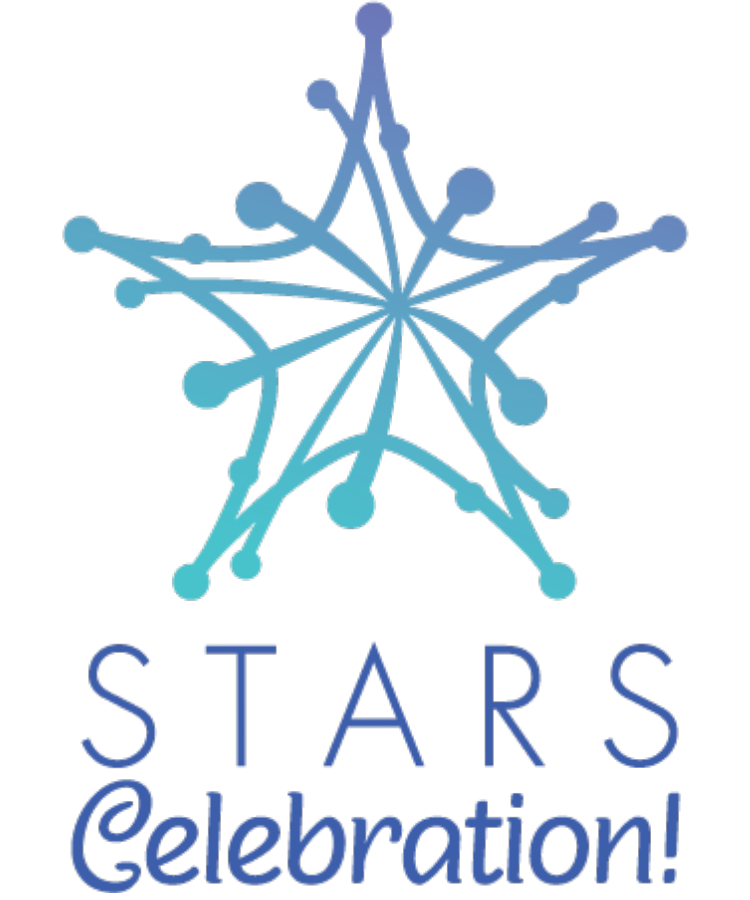Dr. Bushra Anjum, ACM
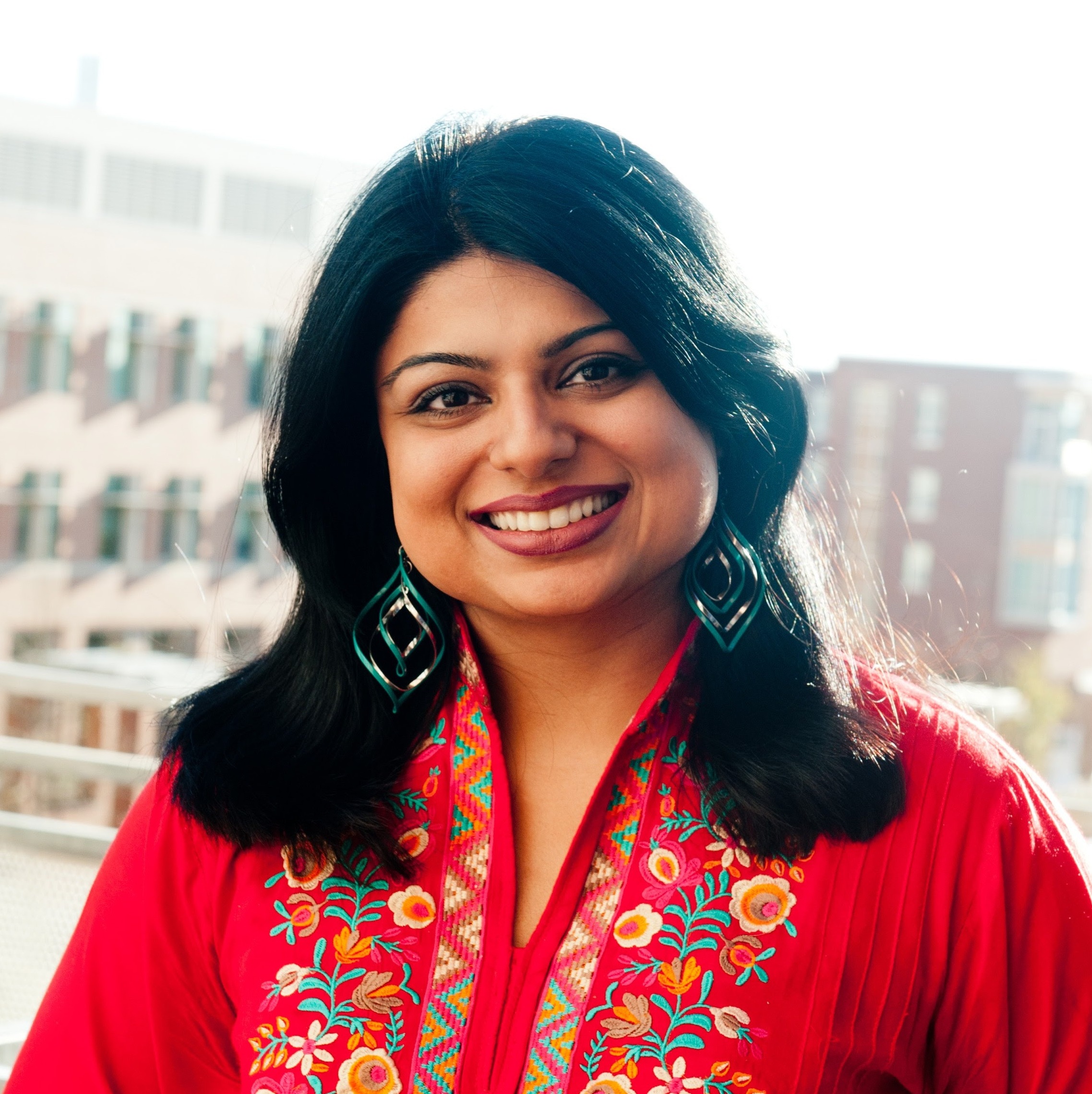 Bushra Anjum, Ph.D., is a software engineer and a data science researcher. She has expertise in Agile Software Development for large-scale distributed services with special emphasis on performance and scalability. She is also a trained data scientist, having worked extensively with predictive analytics. Originally a Fulbright scholar from Pakistan, Anjum has international teaching and mentoring experience and has served in academia for over five years before joining the industry. She is a senior editor for ACM Ubiquity and a member of the inaugural batch of ACM Future of Computing Academy.
Bushra Anjum, Ph.D., is a software engineer and a data science researcher. She has expertise in Agile Software Development for large-scale distributed services with special emphasis on performance and scalability. She is also a trained data scientist, having worked extensively with predictive analytics. Originally a Fulbright scholar from Pakistan, Anjum has international teaching and mentoring experience and has served in academia for over five years before joining the industry. She is a senior editor for ACM Ubiquity and a member of the inaugural batch of ACM Future of Computing Academy.
Anjum is a keen enthusiast of promoting diversity in the STEM fields and is serving as a community leader and mentor at GlobalTechWomen, Pakistani Women in Computing (PWiC), ACM MentorNet, AnitaB.org Global Community, CRA Women, Rewriting the Code (RTC), among others. She is also a regular speaker at the Grace Hopper Celebration of Women in Computing, Richard Tapia Celebration of Diversity in Computing, Computing Research Association for Women’s (CRA-W) Grad Cohort, to name a few.
Anjum received her Ph.D. in Computer Science at North Carolina State University in 2012 for her doctoral thesis on Bandwidth Allocation under End-to-End Percentile Delay Bounds. She has authored scholarly papers in the areas of performance evaluation, quality of service prediction/provisioning for networks, data science, and big data analytics. Anjum can be contacted via Twitter @DrBushraAnjum.
Dr. Manuel Pérez-Quiñones, UNC Charlotte
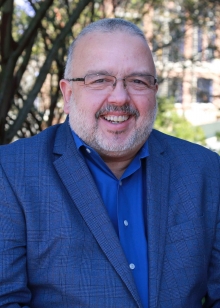
Dr. Manuel A. Pérez-Quiñones holds the title of Professor in the Department of Software and Information Systems in the College of Computing and Informatics at the University of North Carolina at Charlotte. His research interests include educational/cultural/diversity issues in computing, personal information management, and human-computer interaction. He holds a D.Sc. in Computer Science from The George Washington University and a B.A. & M.S. from Ball State University. He has published over 100 refereed articles, co-authored several book chapters, and is an NSF CAREER Awardee. He has held faculty positions at Virginia Tech, University of Puerto Rico-Mayaguez, US Naval Academy (as a Visiting Professor), and as a Computer Scientist at the Naval Research Lab, Washington D.C.
He is the recipient of the 2018 CRA’s A. Nico Habermann Award, and the 2017 Richard A. Tapia Achievement Award for Scientific Scholarship, Civic Science and Diversifying Computing. He is a Senior Member of the ACM. His national service towards increasing diversity in computing has been recognized by several organizations: Dean’s Award for Excellence in Service, in the College of Engineering at Virginia Tech (2011), several ACM Service Recognition Awards for the work he has done with the Richard Tapia Celebration of Computing Conference and most recently for being Co-Chair of SIGCSE’s 50th Technical Symposium held in Minneapolis, MN. He is a member of the Board of Advisors for the Center for Minorities and People with Disabilities in Information Technology (CMD-IT), an At-Large member for the SIGCSE Board (2019-2022), and was a founding member of the Board for the Virginia Latino Higher Education Network (VALHEN). He is originally from San Juan, Puerto Rico.
Hannah Roper, MISO
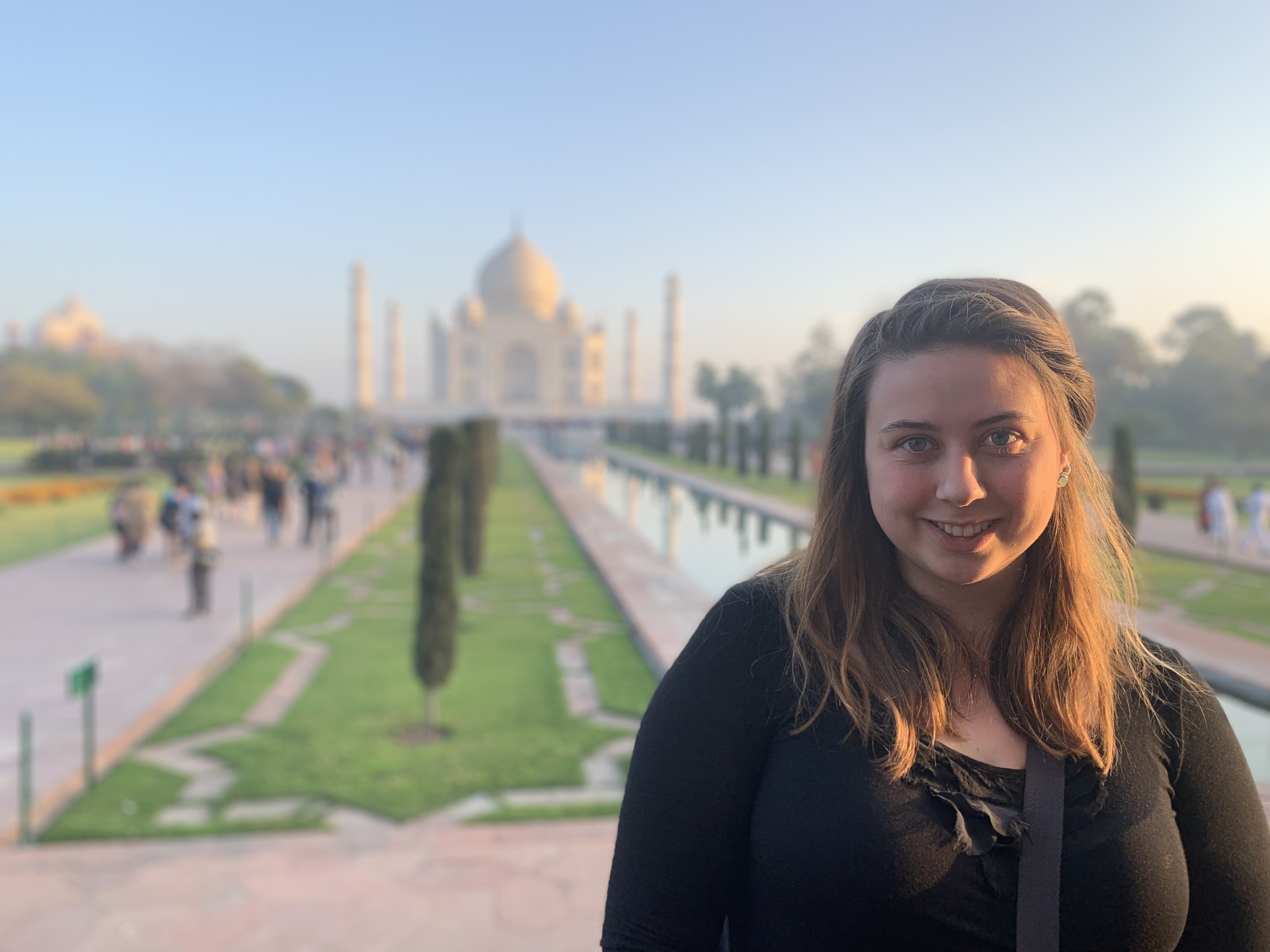 Hannah Roper received both her B.S. in Informatics (2018) and M.S. in Human-Computer Interaction (2019) from the IU School of Informatics and Computing, Indianapolis. Her studies concentrated on computer forensics as well as crafting optimal experiences for Big Data. She still advocates and speaks on behalf of her alma mater through external workshops, recruiting events, and the Make Your Mark scholarship she co-founded with her best friend and colleague, Mikaylah Gross.
Hannah Roper received both her B.S. in Informatics (2018) and M.S. in Human-Computer Interaction (2019) from the IU School of Informatics and Computing, Indianapolis. Her studies concentrated on computer forensics as well as crafting optimal experiences for Big Data. She still advocates and speaks on behalf of her alma mater through external workshops, recruiting events, and the Make Your Mark scholarship she co-founded with her best friend and colleague, Mikaylah Gross.
Roper is currently in the leadership development program at Midcontinent Independent System Operator (MISO), headquartered in Carmel, IN. In this role, she works alongside top executives and leadership across the organization to identify business needs and solutions. The majority of her work has focused on areas such as developing and implementing critical business solutions and improving data quality and efficiency of existing systems. Roper has experience specifically related to predictive analytics, system architecture, user research and project management.
Roper strives to utilize her design and research skills to inspire others to follow their passions and believe in their STEM aspirations. She has been recognized as a Change Leader Scholar from National Center for Women in Technology (NCWIT) for her STEM work and volunteering across the Indianapolis community, mainly through the Informatics-Diversity Enhanced Workforce (iDEW) program which teaches programming essentials to at-risk students. Additionally throughout her time in college she has logged over 3,100 volunteer hours mainly involving STEM activities and received the William M. Plater Civic Engagement Medallion for her service to Indiana University-Purdue University Indianapolis (IUPUI) and the Indianapolis community. While finishing her graduate degree she still worked closely with the iDEW program and helped lead numerous STEM workshops earning her the Graduate Student Leader of the Year award from the IUPUI Office for Women. Whether it is for diversity in technology, education, homelessness, or hunger no issue is too large and she is a firm believer that technology can be a catalyst for positive change.
Mikaylah Gross, Eli Lilly & Co.
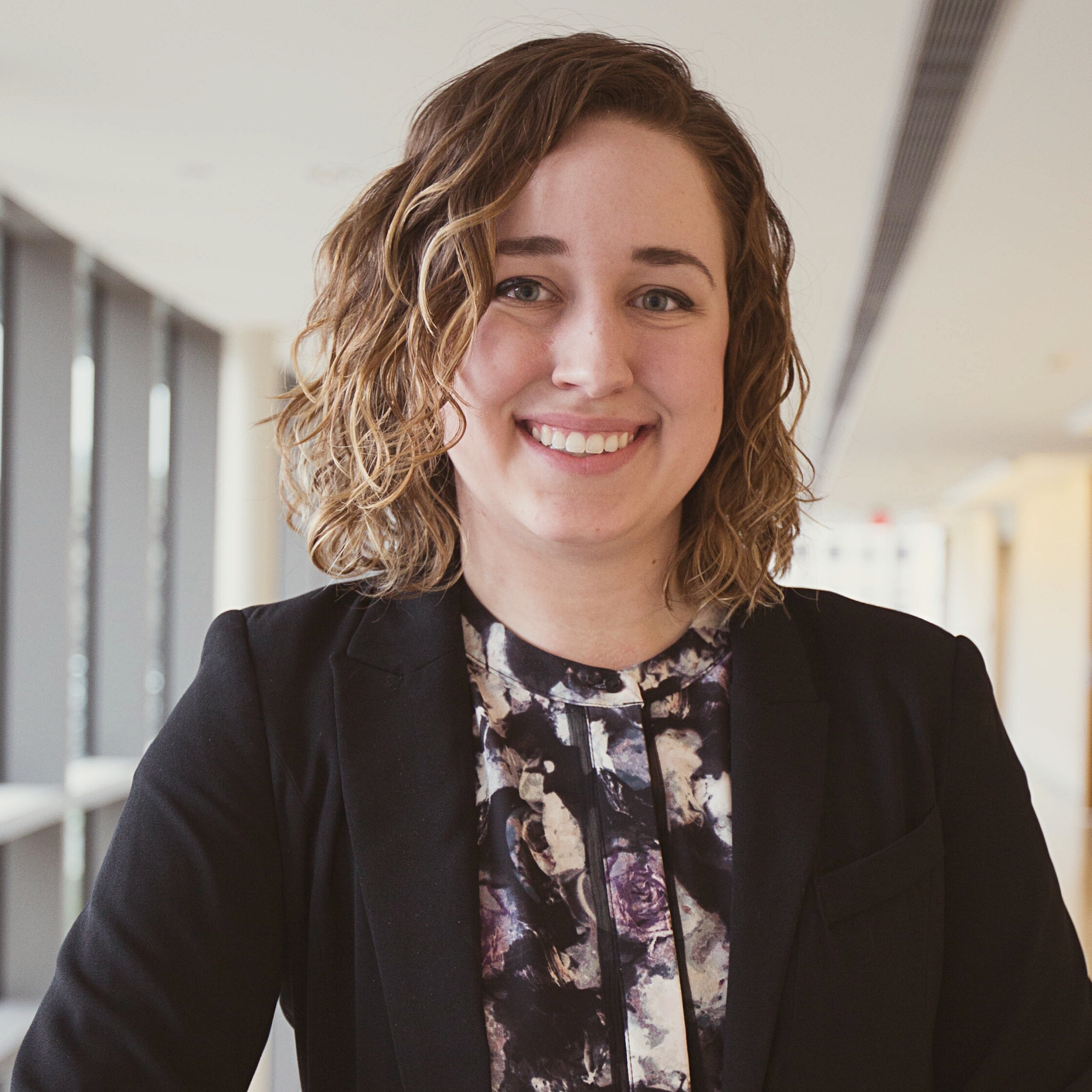
Mikaylah Gross is a Senior Human Factors Engineer at Eli Lilly and Company, headquartered in Indianapolis, IN. In this role, she works alongside engineers and designers to research and develop safe and efficient medical devices for patients across the globe. The majority of her work has focused on areas such as connected care solutions for patients with Type 1 diabetes and clinical decision support systems for healthcare professionals. Gross has experience specifically related to risk management, user experience research, rapid design iteration, and data analytics.
Gross spends much of her free time serving as an advocate for diversity in STEM across central Indiana. She has worked as a curriculum developer, classroom instructor, and student mentor with organizations such as the Girls Scouts of Central Indiana, Girls Inc., Codelicious, and Informatics-Diversity Enhanced Workforce (iDEW). In addition, she serves as an alumna representative for several regional and national groups like the National Center for Women in Technology (NCWIT), Students and Technology in Academia, Research, and Service (STARS), and TechPoint. Since joining Eli Lilly, Gross has also pushed for an increase in diversity and inclusion within the workplace by creating and leading a series of STEM related workshops for employees, summer interns, and co-op students.
Gross received both her B.S. in Informatics (2016) and M.S. in Human-Computer Interaction (2018) from the IU School of Informatics and Computing, Indianapolis. Her studies concentrated on finding areas of opportunity for improved experiences within the healthcare industry by collaborating with Indianapolis-based hospital networks and health services. Gross also contributed her efforts towards the research and design of enhanced smartphone accessibility solutions for people who are Blind and visually impaired (BVI). She continues to give back to her alma mater as a guest speaker, student mentor, alumna ambassador, and scholarship co-founder with her colleague, Hannah Roper.
Dr. Miriam Peskowitz, Author of Code Like a Girl
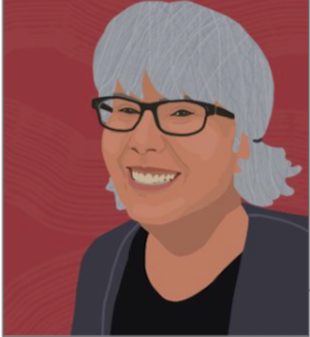
Miriam Peskowitz, Ph.D., is the New York Times Bestselling author of The Daring Book for Girls, published in 2007 in the United States and internationally, and selling over two million copies. This compendium of facts set side-by-side with hands-on projects mixed the periodic table, a history of spies, rules of basketball, women scientists and inventors, how to canoe, how to make a wooden scooter, the rules of debate and much more. It was followed by The Double Daring Book for Girls, and then, by a partnership with LEGO to develop the storyline attached to LEGO Friends. So how’d she get into tech? In 2015, Miriam Peskowitz was invited to the White House by Michelle Obama’s staff to discuss Girls, Media, Toys and Tech. That’s when she decided to learn to code, and write about it. The mission of The Daring Book had been to open up knowledge and spread it to everyone. With go-ahead from Knopf Books for Young Readers/Random House Children’s Books, the next version of her mission began: opening up knowledge of tech and code to all.
This project became Code Like a Girl: Rad Tech Projects + Practical Tips, published in August 2019; more at codelikeagirlbook.com. To write Code Like a Girl, Miriam learned to code and breadboard. The book’s chapters include Scratch, Python, putting together a Raspberry Pi, and coding LED light shows and motion sensors with Python, a Raspberry Pi and a breadboard. There’s also a general chapter on tinkering with circuits, because tinkering is such a generative idea for how we learn. In writing Code Like a Girl, Miriam develops a welcoming tone, boils coding down to five basics, and compares it to storytelling. The final chapter addresses directly the issues of what to do when one has been an outsider to tech and faces additional challenges to learning to code.
At first, Miriam learned to code privately, online, and in workshops offered by Girl Develop It, the Hacktory, NextFab and the Think Company; on hackathon teams. Then she enrolled in the Flatiron School’s Full Stack Web Developer program, where she learned Ruby, Rails, JavaScript, HTML, CSS, React, Redux and more. She’s been active in Code for Philly, mentored for Philly Tech Sistas and the Center for Entrepreneurial Learning, and taught coding to middle schoolers at Wissahickon Charter School. Her PhD was earned from Duke University in 1993, in the History of Religions and Women’s Studies. She taught at the University of Florida, where she received tenure, and at Emory University and Temple University. She is the author of several academic books and numerous articles on academic topics and on women and work. You can reach her on twitter at @miriampeskowitz, on instagram at @miriams_code_book, or from her website mpeskowitz.com.
Dr. Christina Gardner-McCune, University of Florida
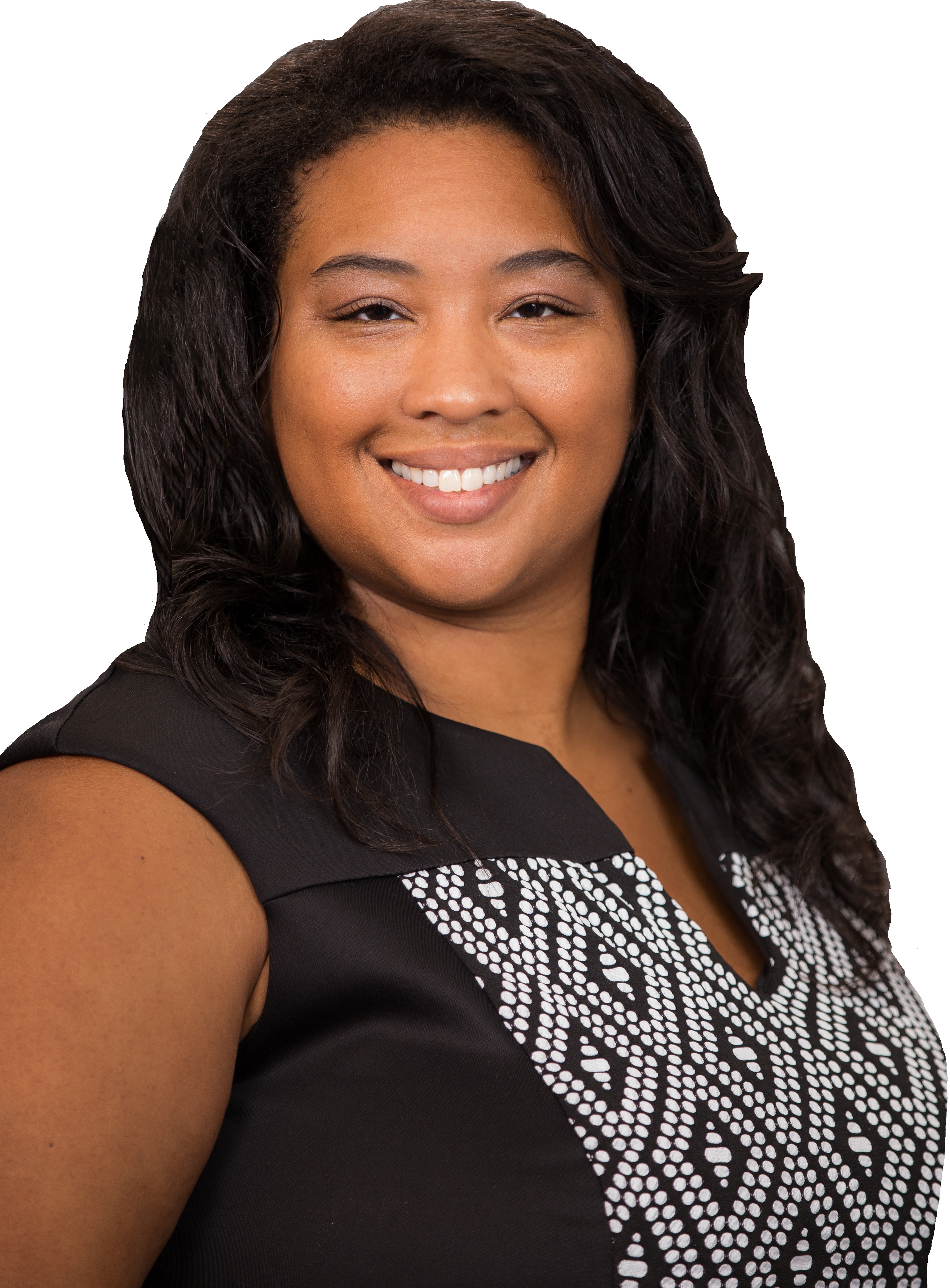
Christina Gardner-McCune, Assistant Professor in the Computer & Information Science & Engineering Department at the University of Florida, is the co-chair of the AI for K-12 Initiative (AI4K12.org). The AI for K-12 Initiative is creating national guidelines that articulate what students should know about AI and be able to do with AI. Gardner-McCune and the AI for K-12 Initiative envision a world where all students will know and understand how AI works, the power of AI to solve problems, and how to use and evaluate AI responsibly.
As director of the Engaging Learning Lab research group @ UF, Gardner-McCune and her students develop engaging hands-on learning experiences for K-12 students and teachers in the areas of artificial intelligence, cybersecurity, robotics, mobile app development, game design, and Introductory programming. Through these learning environments, Gardner-McCune aims to spark young people’s interest in computing, equip them with skills to develop technologies, and inspire them to envision their future as computational thinkers and computing professionals. Gardner-McCune is committed to broadening participation in computing at every level through K-12 outreach and undergraduate and graduate student mentoring and research experiences.
Gardner-McCune is the RESPECT 2020 Co-Conference Chair and a 2019 Google Faculty In Residence Fellow. She was awarded the 2019 UF Graduate Student Champion Award. Gardner-McCune served on the inaugural College Board’s Advance Placement Computer Science Principles Exam Development Committee (Aug 2013 – Dec. 2015). The AP CS Principles course and exam was designed to make computer science concepts accessible to more students and in one year has increased the diversity and number of of AP Computer Science test takers by at least 31% in all categories.
Gardner-McCune has a B. S. degree in Computer Engineering from Syracuse University, a masters and a doctorate in Computer Science from Georgia Tech with specializations in Software Engineering and Learning Sciences and Technology. She also completed a postdoctoral research position in Computer Science Education at Georgia Tech.
Email: gmccune@ufl.edu
Website: https://faculty.eng.ufl.edu/engaging-learning-lab/
Vida Winans, IIT
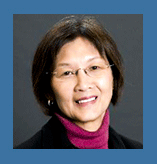
Vida is a retired Senior Instructor and Graduate Student Coordinator in the Department of Computer Science at the Illinois Institute of Technology (IIT). She is still active in retirement and is
currently the Director of the IIT Computer Discovery Program, a year-round computer enrichment program for middle and high school girls. She is the faculty advisor for the IIT-STARS organization and is enthusiastically engaged in encouraging students to become involved in Broadening Participation in Computing.
Vida holds a B.A. degree in Chemistry from Cornell University and a M.S. degree in Computer Science from the Illinois Institute of Technology.
Preethi Krishnamoorthy Ramesh Kumar, IIT
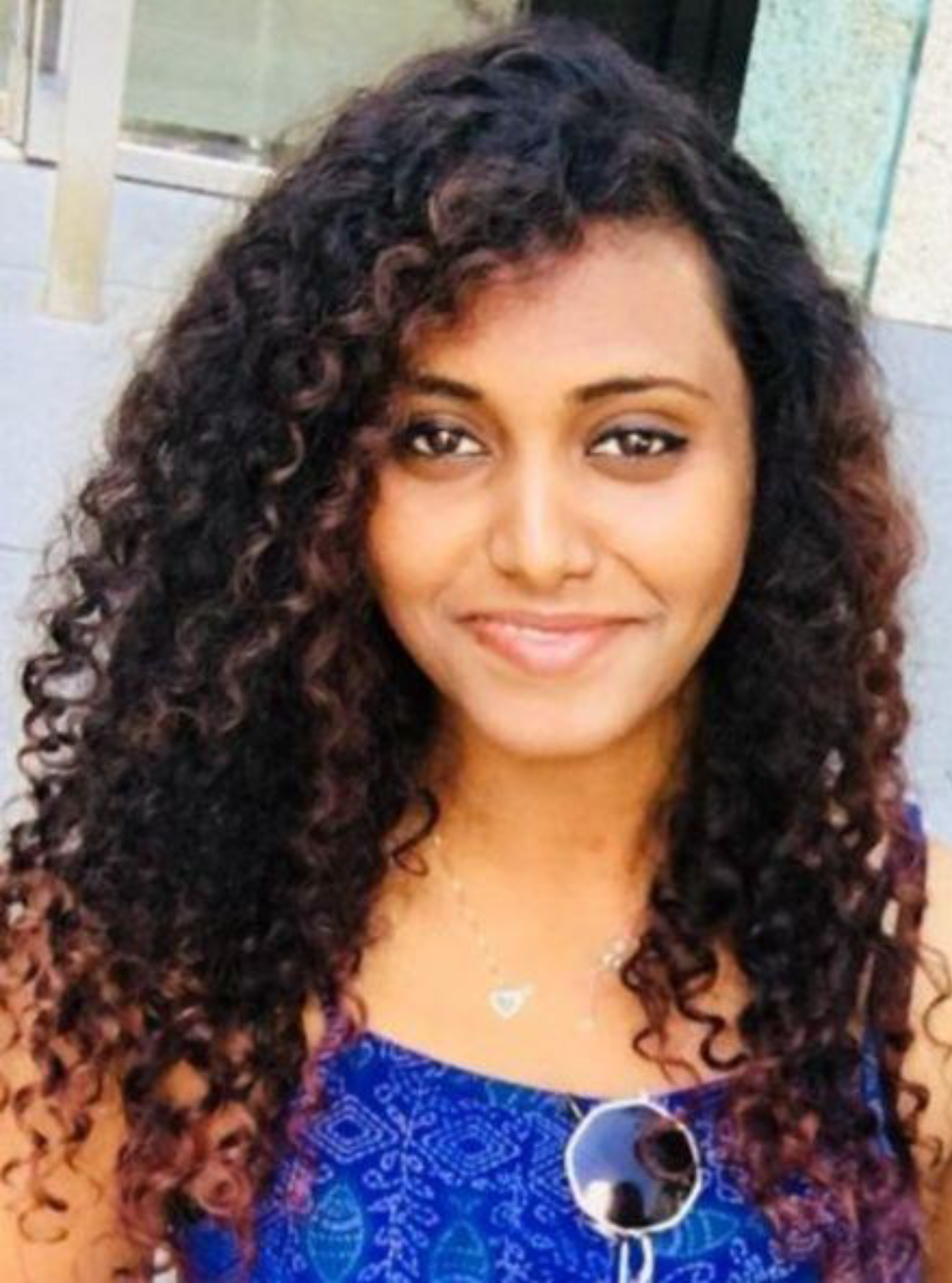
Preethi Krishnamoorthy Ramesh Kumar is in her final year as a graduate student majoring in Computer Science at the Illinois Institute of Technology. Preethi’s current addictions are Ruby and Python; she also dabbles a bit in server management and a lot in systems programming. Preethi earned her undergraduate degree at SRM University in India majoring in Computer Science. At SRM University she was a part of the Robotics Club which was responsible for organizing workshops and hosting speakers for the benefit of fellow students. Preethi was also a member of the Computer Society of India chapter at SRM University; her team, with assistance from the organization, conducted several programming workshops at the University and created awareness about industry demand and work opportunities. While earning her bachelor’s degree, she was an active member of the Google Developer Group – Chennai chapter which helped organize monthly meetups and conferences as well as mentored students who were learning to program.
After graduating, Preethi took a position as a Software Consultant at a startup that worked on a product in the trucking and logistics domain gaining expertise in building distributed web applications and cross-platform mobile application development where she honed her software project management practices as well as her organizational skills.
Preethi’s hobbies are writing when something piques her interest and she could go on for days talking about her cats and curry.
Mary Leversen, IIT
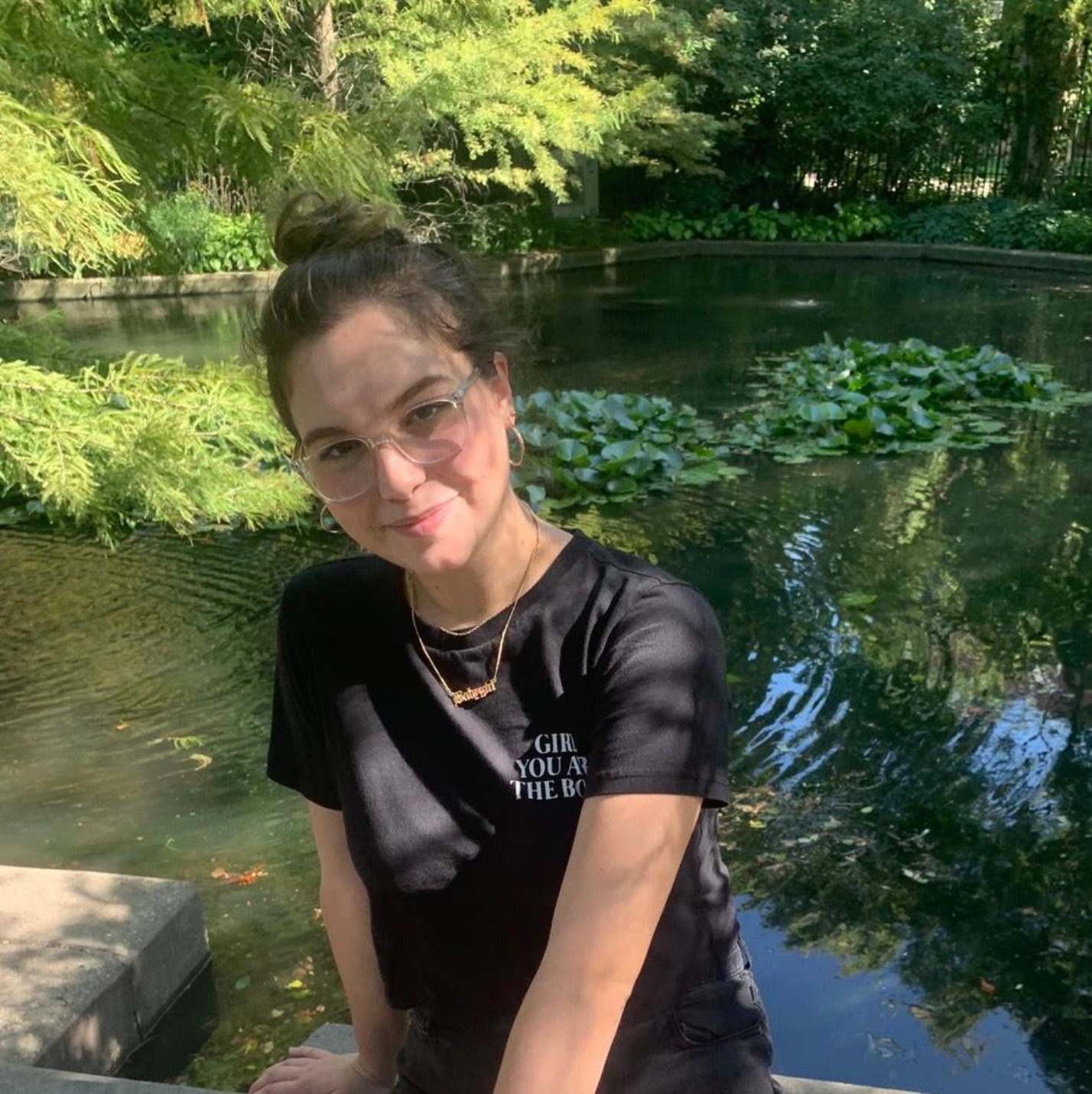
Mary Leversen is a third-year student at the Illinois Institute of Technology (IIT) majoring in Computer Science. She is Dancer Relations Chairman of the IIT dance marathon TechThon, Secretary for the Women in Science Project, and active with her sorority, Alpha Sigma Alpha where she is Standards Chairperson. Mary is especially interested in data science and broadening participation in computing. She is looking forward to helping lead this year’s Introduction to Database for Middle and High School Students workshop!
Stephanie Bae, IIT
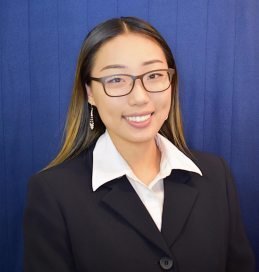
Stephanie Bae is currently a third-year student studying Computer Science at the Illinois Institute of Technology (IIT). She decided to pursue Computer Science so that she can specialize in Information Security and Assurance and hopefully, one day, join the FBI. Stephanie is the Marketing Chair of Residence Hall Association and is working on campus as a Resident Advisor. She is also the Events Chair for TechThon Dance Marathon on campus. Stephanie loves meeting new people and is always very interested in finding out why someone has chosen their careers. She hopes to gain insight from helping with this year’s Introduction to Database for Middle and High School Students workshop to become a better student, leader, and team member.
Chelsea Zackey, Temple University
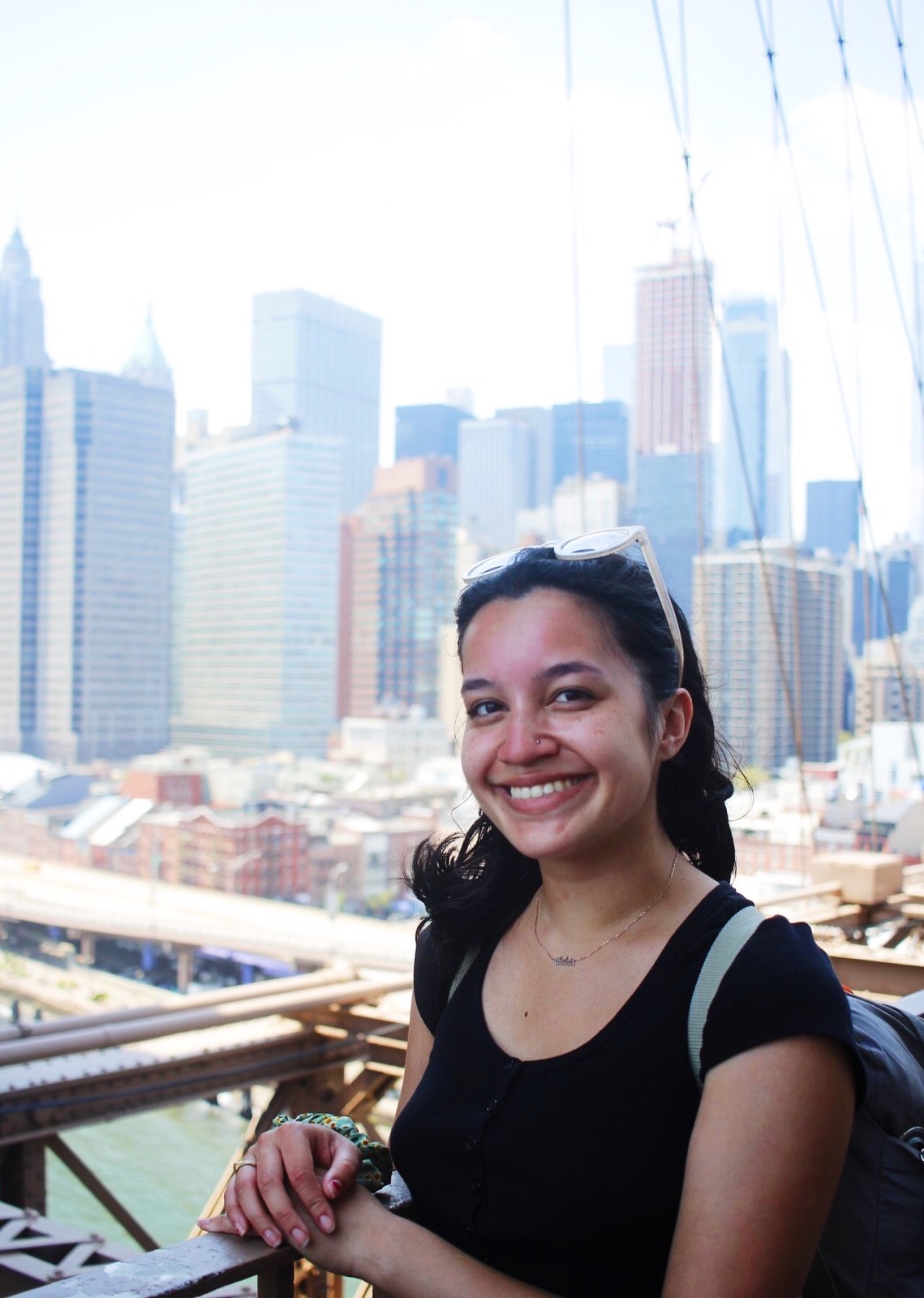 Chelsea Zackey is a graduate student and aspiring researcher serving as this year’s STARS Celebration Program Coordinator. She is currently pursuing her M.S. in Computer Science at Temple University this fall after having received her B.S. in Mathematics and Computer Science from the university the spring of 2019, graduating Cum Laude with distinction in the major. Though a longtime proponent for democratizing the information economy, Chelsea’s current work with the STARS Computing Corps has been her first opportunity collaborating with a group under the shared mission of broadening participation in computing. Prior to this, she has explored various ways to further this agenda through her various roles as a local community forum panelist; Peer Tutor at Temple’s Mathematics and Computer & Information Sciences (CIS) departments; volunteer mathematics tutor at the Philadelphia High School for Girls; Classroom Assistant for Temple’s Sonia Kovalevsky Day program; and former Vice President and President for Temple’s student chapter of the Association for Women in Mathematics (AWM).
Chelsea Zackey is a graduate student and aspiring researcher serving as this year’s STARS Celebration Program Coordinator. She is currently pursuing her M.S. in Computer Science at Temple University this fall after having received her B.S. in Mathematics and Computer Science from the university the spring of 2019, graduating Cum Laude with distinction in the major. Though a longtime proponent for democratizing the information economy, Chelsea’s current work with the STARS Computing Corps has been her first opportunity collaborating with a group under the shared mission of broadening participation in computing. Prior to this, she has explored various ways to further this agenda through her various roles as a local community forum panelist; Peer Tutor at Temple’s Mathematics and Computer & Information Sciences (CIS) departments; volunteer mathematics tutor at the Philadelphia High School for Girls; Classroom Assistant for Temple’s Sonia Kovalevsky Day program; and former Vice President and President for Temple’s student chapter of the Association for Women in Mathematics (AWM).
Throughout her undergraduate years, Chelsea’s efforts have been recognized at the departmental, college, and university level. Based on her undergraduate research experience in computer science and desire to pursue a career in academia, she was selected by Elsevier as its 2019 Grace Hopper Celebration Temple scholar. Later that year, she was selected by the Mathematics department as their inaugural recipient of the Isaac Newton Award, as well as one of the recipients of the College of Science & Technology’s Francis James and Helen C. Sholomskas Award for Outstanding Students. Moreover, due to her work with expanding the infrastructure and presence of Temple’s AWM student chapter as president, she found herself in the company of the 2019 Diamond Award recipients, which is description regarded as the highest recognition by Student Affairs given to a Temple University undergraduate who has demonstrated superior leadership, academic achievement, service to the University, and impact on a community.
Overall, Chelsea’s experiences have heightened her awareness of the career pipeline affecting underrepresented groups in academia. She understands that academia— being the gatekeeper of knowledge— is responsible for promoting a culture of innovation, which is only truly accomplished when it invites constituents across all disciplines and backgrounds to pioneer its initiatives in an equitable manner. For this reason, Chelsea has always made a point to identify the unique strengths of the people she works with, emphasize how these facets can be used in relevant leadership roles, and make connections between peers to leverage their agendas. As the first member of her family to graduate from a four year university, and one of the few people in her friend group who aims to earn her PhD, Chelsea makes it her personal mission to become a leader in academic research in hopes to directly address the issue of equity in higher education as a career.
Gabriella Farrisi, Temple University

Gabriella is a senior at Temple University College of Science and Technology majoring in Information Science and Technology. At Temple, Gabriella founded her university’s chapter of the STARS Computing Corps with a goal of expanding the reach of computing in her community. Within only her first semester as president she was able to coordinate 15 volunteers to work at a neighboring high school teaching Python to a first year computer science class. STARS at Temple also held two technical workshops teaching students about web development and machine learning as well as an assortment of other events to promote computing to high school students.
Outside STARS Computing Corps she is the Vice President of the Association for Computing Machinery (ACM) and previous Community Service Officer of the Association for Computing Machinery for Women (ACM-W). She also regularly volunteers with TechGirlz where there goal is teach middle school girls concepts of computer science.
Her goal for after graduation is too pursue a full time position as a Software Engineer where she can use skills she’s learned in interning at Comcast and Lockheed Martin, researching, and teaching. She plans to continue to help bring computer science to underrepresented groups in her community.
